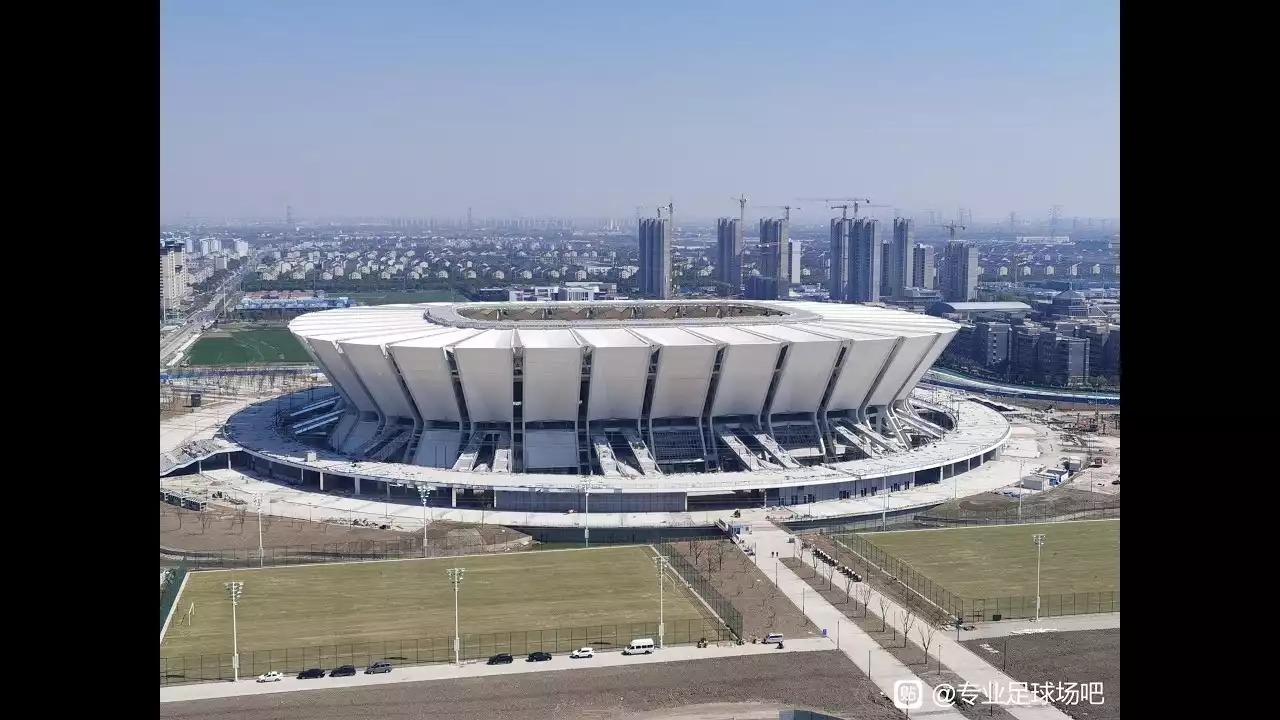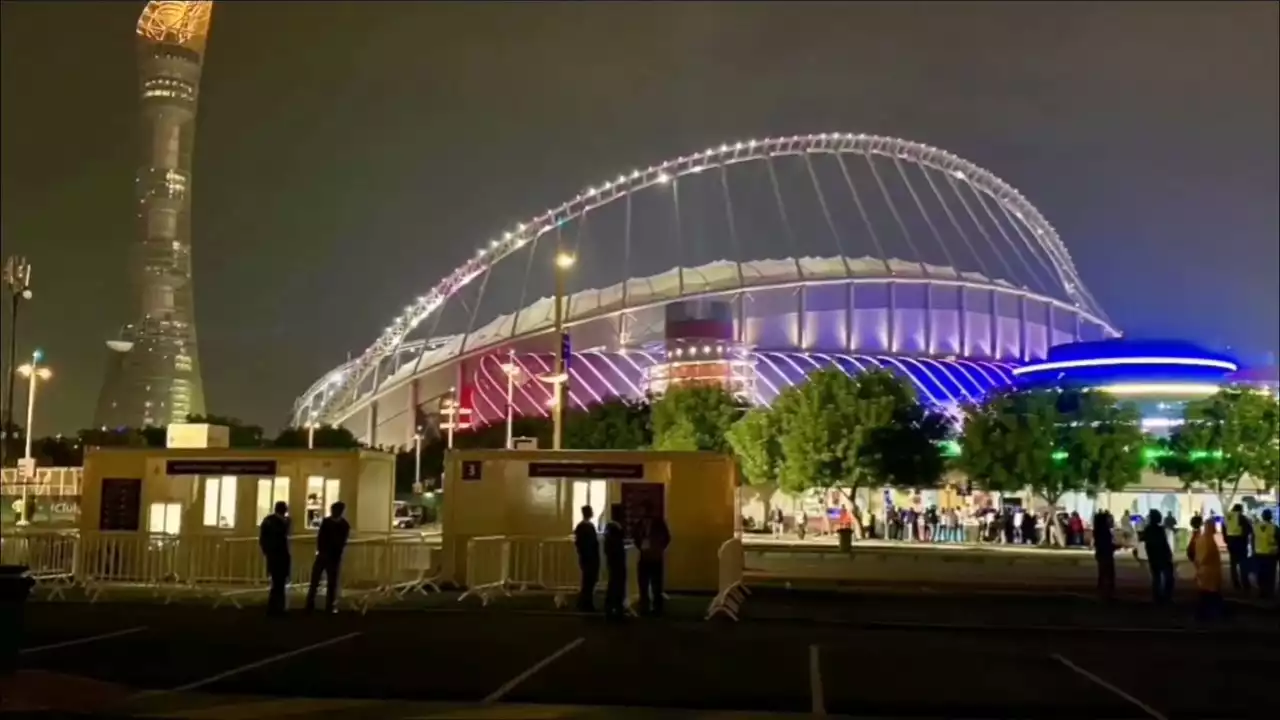Importance of Planning and Logistics in Event Management
Effective event management relies heavily on meticulous planning and logistics. When it comes to an event of the scale and magnitude of the AFC Asian Cup, the stakes are even higher. The success of the tournament hinges on selecting the right venues that can accommodate the large influx of fans, provide top-notch facilities for teams and officials, and ensure a seamless experience for all attendees.
Factors to Consider when Selecting a Venue for the AFC Asian Cup
The process of selecting venues for the AFC Asian Cup is a complex one, with several key factors coming into play. One of the primary considerations is the capacity of the stadium. Given the immense popularity of the tournament, it is crucial to ensure that the chosen venues can accommodate the massive turnout of passionate fans. Additionally, the infrastructure of the stadium is also evaluated to ensure that it meets the necessary standards in terms of seating, facilities, and technology.
Another important factor is the geographical location of the potential venues. The AFC Asian Cup attracts teams and fans from various countries, so it is essential to select venues that are easily accessible and well-connected. Proximity to airports, major transportation hubs, and hotels is taken into account to facilitate the smooth movement of players, staff, and supporters.
Key Considerations for Venue Capacity and Infrastructure
When it comes to hosting a major event like the AFC Asian Cup, venue capacity is of paramount importance. The stadiums need to be able to accommodate a large number of spectators, ensuring that everyone can enjoy the matches without feeling overcrowded. Additionally, the infrastructure of the venues plays a crucial role in providing a comfortable and enjoyable experience for all attendees.
Modern amenities such as comfortable seating, state-of-the-art facilities, and advanced technology are essential to meet the expectations of both players and fans. From high-quality playing surfaces to adequate dressing rooms and medical facilities, every aspect of the venue's infrastructure is carefully evaluated to ensure a seamless experience for all.
Assessing the Geographical Location and Accessibility of Potential Venues
Geographical location and accessibility are key factors in selecting the venues for the AFC Asian Cup. The tournament attracts teams and fans from all over Asia, so it is important to choose venues that are easily accessible by air, land, and sea. Proximity to major airports and transportation hubs is crucial to facilitate the smooth movement of participants and spectators.
Additionally, the geographical location of the venues plays a role in creating a vibrant and diverse atmosphere for the tournament. Hosting matches in different cities and regions allows fans from various countries to experience the excitement and cultural exchange that the AFC Asian Cup brings. It also helps in spreading the economic benefits of the tournament across different areas.
Evaluating the Suitability of Venues for Different Types of Matches
The AFC Asian Cup consists of various types of matches, including group stage matches, knockouts, and the final. Each type of match has different requirements in terms of capacity, facilities, and atmosphere. The suitability of venues for hosting different types of matches is carefully evaluated to ensure that the tournament progresses smoothly.
Larger stadiums with higher capacities are usually chosen for high-profile matches, such as the opening ceremony, semi-finals, and the final. These venues need to have the infrastructure and facilities to handle the increased demand during these matches. On the other hand, smaller venues may be suitable for group stage matches, where the attendance is expected to be lower.
Collaboration with Local Authorities and Stakeholders in Venue Selection
Selecting the venues for the AFC Asian Cup requires close collaboration with local authorities and stakeholders. The cooperation of government bodies, sports associations, and venue owners is crucial in ensuring that the necessary permissions and resources are in place. Local authorities play a vital role in providing the necessary infrastructure, security measures, and logistical support for hosting the tournament.
Engaging with local stakeholders also helps in creating a sense of ownership and pride among the host cities. It allows them to showcase their capabilities and attract visitors from around the world. Collaboration with local authorities and stakeholders ensures a smooth and successful execution of the tournament.
Ensuring Safety and Security Measures at Chosen Venues
Safety and security are of utmost importance when selecting venues for a major sporting event like the AFC Asian Cup. The chosen venues need to meet stringent safety standards and have the necessary measures in place to handle any emergencies. This includes having well-trained security personnel, robust surveillance systems, and emergency response protocols.
Collaboration with local law enforcement agencies and security experts is essential in assessing the safety and security preparedness of the venues. Regular inspections and audits are conducted to ensure that all necessary safety measures are in place and that the venues are capable of handling large crowds during the matches.
Managing the Budget and Financial Aspects of Venue Selection
Venue selection for the AFC Asian Cup involves managing the budget and financial aspects of hosting the tournament. The costs associated with venue selection include stadium rentals, infrastructure upgrades, and maintenance expenses. It is essential to strike a balance between providing top-notch facilities and managing the financial resources effectively.
Careful financial planning and cost analysis are carried out to ensure that the chosen venues offer value for money. Negotiations with venue owners and local authorities help in optimizing the costs while maintaining the necessary standards. Transparent financial management ensures that the resources are allocated efficiently and that the tournament remains financially sustainable.
The Impact of Effective Venue Selection on the Success of the AFC Asian Cup
Effective venue selection plays a crucial role in the success of the AFC Asian Cup. The chosen venues set the stage for thrilling matches, memorable moments, and a vibrant atmosphere. They provide the necessary infrastructure and facilities to create an unforgettable experience for players, officials, and fans alike.
Well-planned and strategically located venues contribute to the overall success of the tournament by attracting a large number of spectators and ensuring their safety and comfort. They also help in promoting the host cities and countries as vibrant sporting destinations, attracting tourism and boosting the local economy.
The planning and logistics involved in venue selection for the AFC Asian Cup are meticulous and comprehensive. From assessing capacity and infrastructure to evaluating geographical locations and collaborating with local authorities, every aspect is carefully considered. The chosen venues play a critical role in creating a memorable and successful tournament, providing a platform for teams and fans to come together and celebrate the spirit of Asian football.









